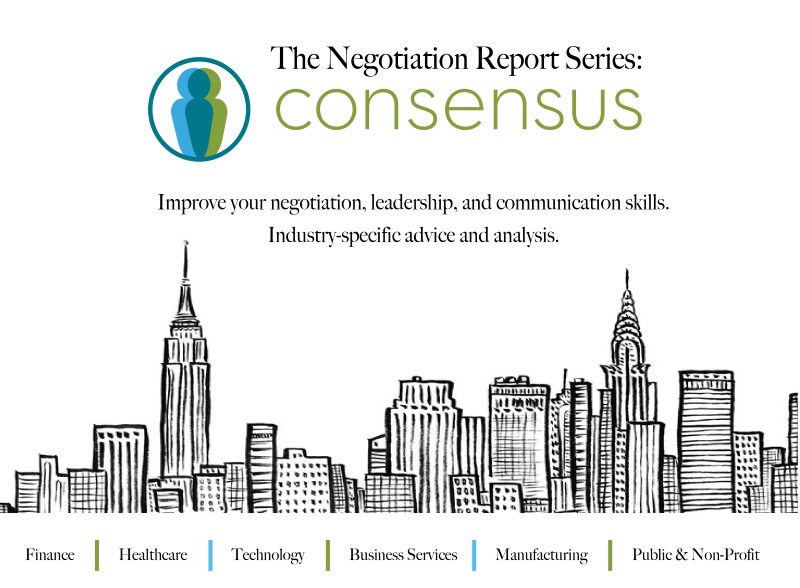Negotiation Report: Healthcare 3

Healthcare Negotiation Report: Patient Misunderstandings
Establishing
Trust to Assuage Patient Misunderstanding about Care and Insurance-Related Issues
Rapid changes in healthcare policies and medical practices present new, pressing communication challenges for healthcare professionals. Communication challenges now extend beyond disagreements about treatment and diagnosis. Patients may have unreasonable or unmanageable expectations about their insurance policies or their care.
For example, a physician described the following situation. A patient felt unfairly treated during her consultation and believed the hospital misused her insurance plan: “This patient had been using pain medication, so we documented the medication usage in her chart. We wrote, ‘Patient takes xxx amount of xxx drug a day.’ It was written very objectively. However, somehow the patient heard about what the doctor wrote in her chart. She got mad because she thought we said that she was a drug addict.”
Misunderstanding
To avoid instances of miscommunication, healthcare professionals can be more transparent about their documentation and diagnosis process. Walk the patient through the steps of the consultation and explain the importance of documenting certain conditions or behaviors. Such practices build trust and keep patients in the loop. To further establish patient trust, healthcare professionals can take concrete, visible actions that demonstrate investment in patient care, including asking about the patient’s general well being.
It is important to take these trust-building steps, as instances of miscommunication can erupt into larger conflicts. For example, “The patient sent a nasty letter to the hospital about the drug documentation issue. She then got mad about the bills she received from her insurance company. The patient didn’t understand that she had a high deductible plan, and she got mad at us rather than her insurance company.”
Insurance Issues
Physicians have noticed a significant amount of confusion amongst patients about insurance plans. “The confusion causes a lot of disgruntledness. Some people think that they’re going to get free healthcare.”
To assuage insurance-related conflicts, healthcare professionals must first identify and recognize the patient’s specific insurance concerns. Ensure patients feel heard and understood. Because money-related conflicts are often emotional conflicts, such conflicts are rarely resolved through rational argument. Express sympathy and willingness to resolve the problem—such expressions demonstrate that healthcare professionals are on the patient’s side. Utilizing inclusive words such as “we” further establishes that the hospital is not the “opposing party.”
Furthermore, identifying resources for insurance-related assistance and explaining the capabilities of the hospital can assuage patient concerns. Clearly express the hospital’s goals, ensuring that the hospital’s goals align with patient goals. Establishing a common language and common concerns can unite patients and healthcare professionals.
Miscommunication, insurance-related conflicts, and conflicting doctor/patient goals may cause seismic office disruptions. Harnessing communication and negotiation skills can deescalate such patient conflicts; patients feel more secure about the care they receive and hospitals develop a trustworthy reputation. Trust and security are the foundation of collaborative relationship management.
Related articles: Healthcare Negotiation Report: Dealing with Know-it-all Patients
